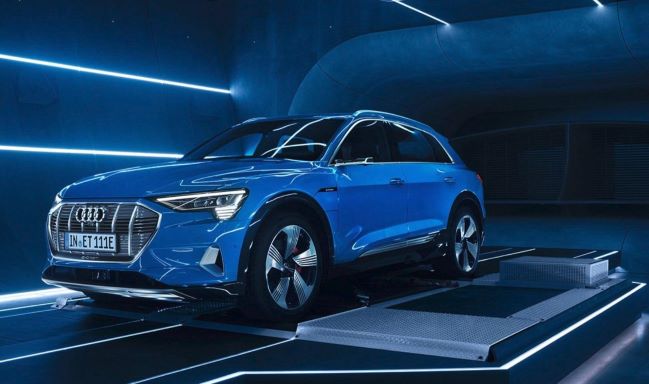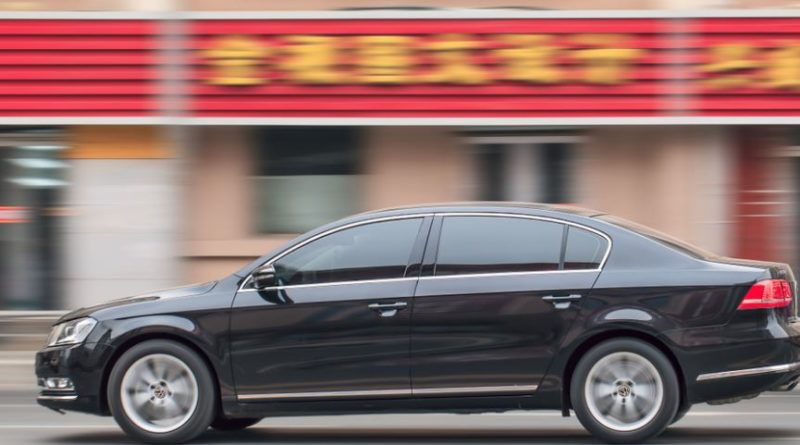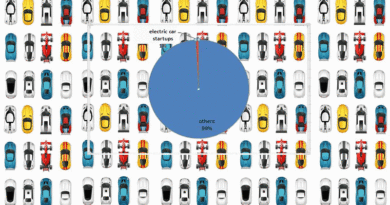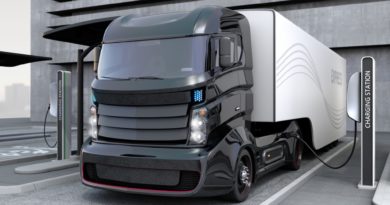Audi To Begin Production of All-Electric PB18 E-Tron Super Car
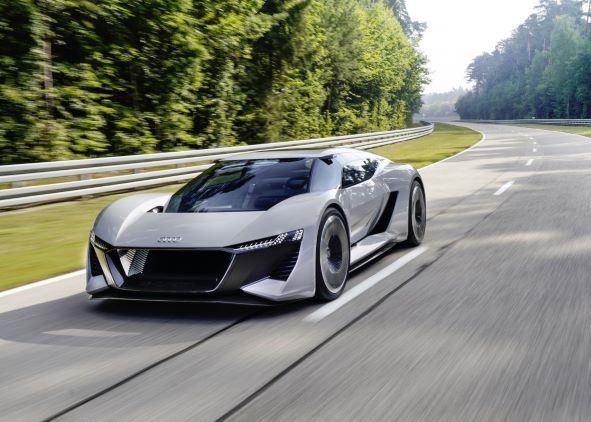
German Luxury automobile manufacturer, Audi has confirmed that it will bring out its new PB18 e-tron all-electric supercar to low-volume production and it could arrive just in time to compete with the new Tesla Roadster.
Audi has already launched less expensive models, but it still doesn’t want to let others take all the mindshare when it comes to high-performance EVs.
Last year, the German automaker unveiled the ‘Audi PB18 e-tron’, a new all-electric supercar prototype with solid-state batteries, 570 kW power and 800-volt charging system.
The vehicle appeared to only be a one-off prototype, especially since it features solid-state batteries, which no other automaker managed to bring to volume production yet. But Audi is now confirming that it will bring the vehicle to low-volume production.
Bram Schot, CEO of Audi, confirmed the news during the launch of the e-tron in the Netherlands last week at the Auto Week NL. He said that they will make about 50 units of the Audi PB18 e-tron.
The executive didn’t confirm a timeline, but Audi has been talking about releasing a new electric supercar to replace the battery-powered version of the Audi R8, which at the time was marketed as the ‘Audi e-tron’, in 2020.
The ‘Audi PB18 e-tron’ would compete in the same segment as the new Tesla Roadster, but much is desired in terms of specs.
Tesla’s new Roadster is equipped with a huge 200 kWh battery pack while the PB18 e-tron’s battery pack has total energy capacity of 95 kWh. This means the Roadster will have about twice the range of the PB18, which Audi claims is 500 kilometers in the WLTP cycle.
But it’s interesting that Audi claims that it is using solid-state battery cells. It would make Audi PB18 e-tron the first in production – albeit low volume production.
In terms of the powertrain, the vehicle’s three electric motors make the car, very competitive with the Roadster in terms of acceleration. Audi explains:
The latter [motors] are centrally located between the steering knuckles, each directly driving one wheel via half-shafts. They deliver power output of up to 150 kW to the front axle and 350 kW to the rear – the Audi PB18 e-tron is a true quattro, of course. Maximum output is 500 kW, with boosting, the driver can temporarily mobilize up to 570 kW. The combined torque of up to 830 newton meters (612.2 lb-ft) allows acceleration from 0 to 100 km/h (62.1 mph) in scarcely more than 2 seconds – a speed that differs only marginally from that of a current LMP1 prototype.
Audi, it seems, has also borrowed Porsche’s 800-volt battery architecture to enable a 350 kW charging capacity in the PB18 e-tron, which means that it will charge really quickly.
The full specifications for the production-model Audi PB18 e-tron, as well as availability and price, are yet to be announced. But we can expect it to be quite expensive since they are only planning limited production.
For its Cross Over E-Tron, a battery-powered electric car, which was due to hit showrooms later this year, near Tesla’s home ground in California. The carmaker has now clarified that the first deliveries of Audi’s first electric car will be made to customers in Europe this spring in March.
Audi reportedly had reached out to the German Federal Motor Transport Authority (KBA), where they had completed homologation and so that deliveries would begin this year. Moreover, the first electric vehicles were delivered, by the Brussels plant, to selected importers in Norway and the Netherlands.

